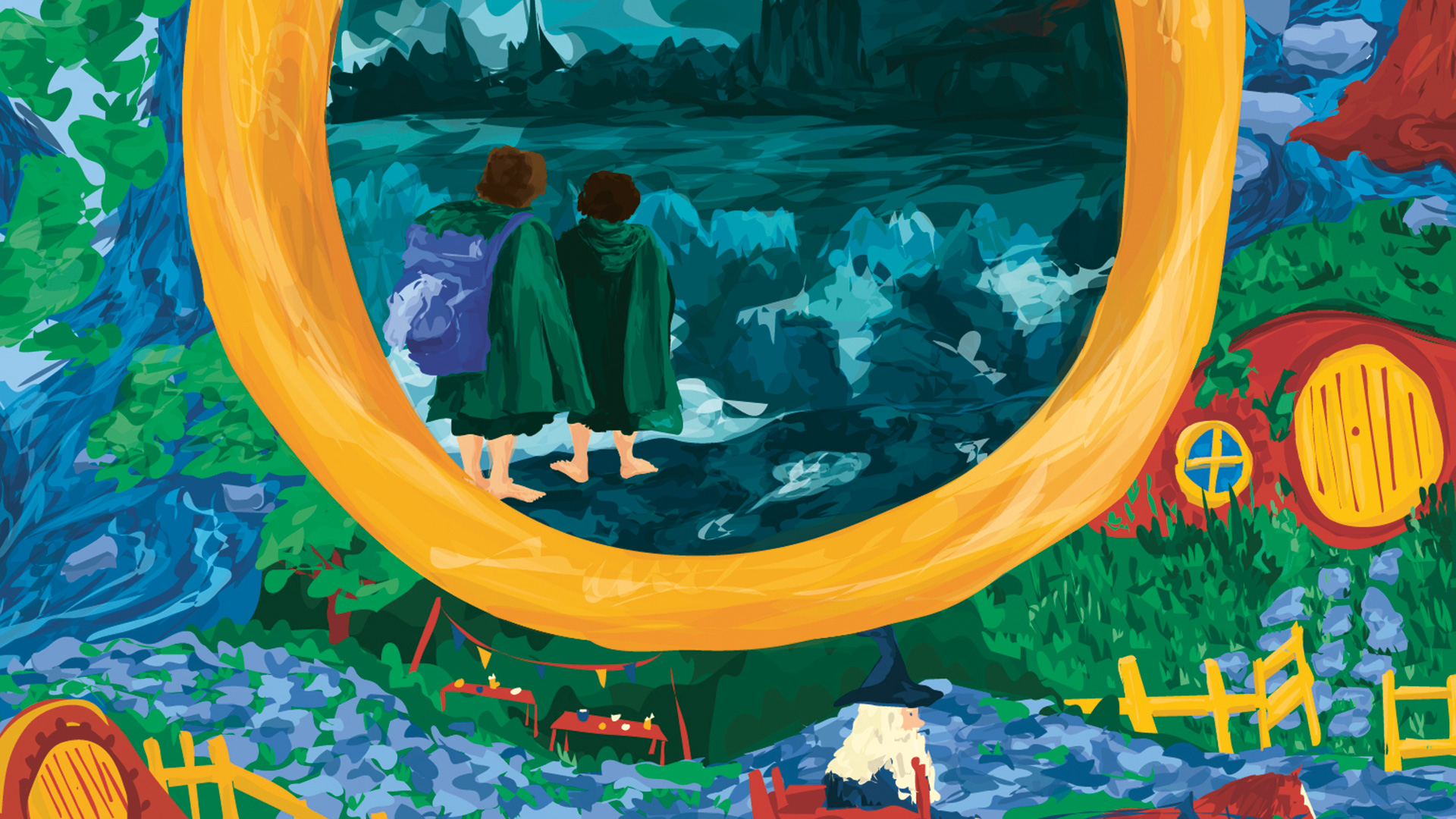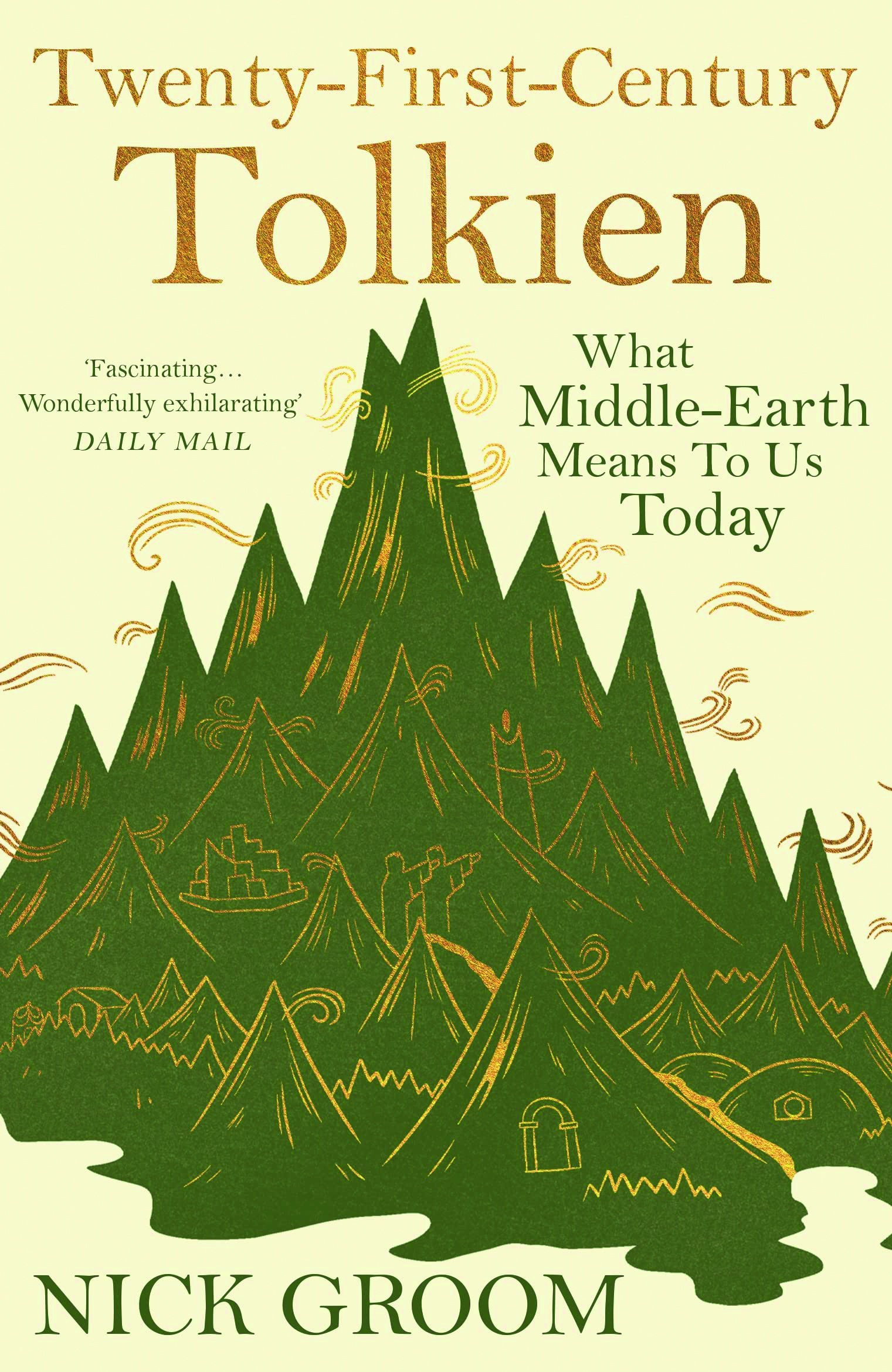JRR Tolkien died 50 years ago on 2 September 1973, but The Lord of the Rings might have been written last week. You’ve probably read the book or seen the films. Or played the video games, bought the merchandise and seen the memes of Gollum, Galadriel and Gandalf. Ian McKellen is now probably more recognisable as Gandalf than as himself. Middle-earth still has a tenacious hold on our imaginations.
But where does that leave a book about Tolkien? Purists will want to focus on his writing, including the posthumous and immensely challenging The Silmarillion. Eighteen further volumes of Middle-earthiana have appeared since 1980, detailing everything from the earliest version of the Dark Lord Sauron (a cat) to the sex habits of the Elves.
Get the latest news and insight into how the Big Issue magazine is made by signing up for the Inside Big Issue newsletter
But though the seemingly never-ending series of weighty tomes is testament to Tolkien’s imaginative genius, these books are of limited interest to the general reader who really just wants to know a bit more about Hobbits and a lot more about Gandalf. Sir Peter Jackson’s six extraordinary films (each grossing close to $1 billion) are inevitably eclipsing the originals.
That was the starting point for my own book. After over 40 years reading, studying and teaching Tolkien’s work, it became increasingly apparent that whenever I mentioned The Lord of the Rings nearly everyone was thinking of Elijah Wood, Andy Serkis and McKellen.
We can’t return to a ‘golden age’ in which the books are read before the films are watched. People are encountering Tolkien in all sorts of different and meaningful ways, many of which are remote from the literature. Tolkien is no longer simply an author, but a cultural and industry phenomenon, employing thousands, engaging millions and making billions.










